Guidance from The Strad’s archive from how to incorporate memorisation into your practice, what the benefits might be – and when not to bother
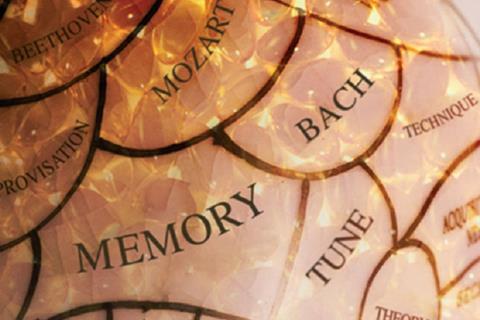
Explore more Featured Stories like this in The Strad Playing Hub
1.
According to The Strad’s report from the 1982 American Cello Congress, Mstislav Rostropovich and Leonard Rose both emphasised the importance of memory in a solo career. ‘I memorise all accompaniment and each orchestral part,’ said Rostropovich. ‘I study the orchestral parts at least three or four days before I even touch the cello part.’
Rose agreed and went on to add that once a work is memorised, the tyranny of having the printed music in front was neutralised. ‘In the re-creation of master works is creation,’ he said.
The Strad, September 1982
2.
Like learning to play fast actually means playing fast, learning to memorise requires putting away the music. Leaving the music open on the stand is a temptation to peek - so close the book.
Break the music up into bite-size sections. Trying to commit too much or too little to memory at one time is inefficient. When there is a breakdown don’t go back to the beginning. The following day begin working a new section so that the hardest practice is done when you are freshest. Learn thoroughly the bridge passages between sections.
Laurinel Owen, The Strad, March 2001
3.
‘From the first day of learning a new piece, walk while you practise. Play a line looking at the music, turn away, and see if it sticks. Turn back, play it again, search for clues. Don’t push it. Have patience. This is not a contest. This is about an intimate relationship between you and the music. If a musician’s fear of performing from memory supersedes their ability to communicate effectively with an audience, then it’s not worth it!’
Mitchell Stern, The Strad, March 2001
Read: Where should string players look when performing from memory on stage?
Read: The 3-points practicing routine: Description - Action - Result
Discover more Featured Stories like this in The Strad Playing Hub
4.
Take just two or three lines. If you repeat those lines – or even one line – ten to fifteen times, your eyes have already taken a photo of what is on that page, and after the tenth time you should close your eyes and play that same line. It will be there. Then you begin to trust your ears because you are hearing in advance of what you’re playing. In that instant, you know the next note and your fingers will respond to your brainwaves. After that, you can close your eyes. The music is in your ear. You have to trust that.
Don’t keep repeating it while looking at the score. The idea is to get away from the score. Most players are afraid to shut their eyes and prefer to have the music in front of them all the time ’just in case’, but you have to trust your memory.’
Aaron Rosand, The Strad, September 2007
5.
Once you can visualise an entire piece note-by-note, without hesitation, you will never worry about your memory when playing that piece. The places in your mental rehearsal where you hesitate, wondering what the next notes, bowings or fingerings might be, are the points at which you are most likely to have memory slips.
Simon Fischer, The Strad, May 2008
6.
With the right concept and skills, any musician can successfully learn music by heart. Secure memorisation rests on a foundation of deep learning. Adept memorisers absorb the musical and technical ingredients of a piece from the outset of practice, and they remain aware of those elements throughout the mastering process.
Depending on the composition, some performers begin memorising at the outset of learning; others practise for weeks before they break away from the page. Nonetheless, I’ve observed that many students do best when they memorise a solo as soon as they can play it as a slow tempo. In that way, they promptly establish habits of playing without a score.
Gerald Klickstein, The Strad, October 2009
7.
I play nearly everything by memory, which is a gift. Some people are able to memorise quickly and some can’t, but memory isn’t everything. You can give an amazing performance using the score. The wonderful pianist Sviatoslav Richter always used a score. Who cares, as long as the rendering is fantastic?
Ida Haendel, The Strad, May 2010
8.
On ensemble memorisation: The process of memorisation can be supported through engaging in various techniques and exercises, both physical and emotional, which can give the musician the confidence to allow their own humanity into their work. When those skills and techniques are practised, a vibrant and more meaningful relationship between players and their audiences becomes possible.
Memorisation, and the removal of the music stand, would seem to be the final answer – but that might only provide the illusion of communication. Once a musician has experienced the natural freedom and inter-relationships that come from memorising music, they can then have the same experiences with the music stand in place. The stand is an excuse, not a reason, for faulty communication.
Bub Beyer, The Strad, November 2015
Read: How can I avoid memory slips?
Read: Technique: Memory and mental practice
Discover more Featured Stories like this in The Strad Playing Hub
9.
The best way of memorising is to make sure that all four aspects of the memory are strong:
- Aural memory of what the phrases sound like
- Tactile memory of what the music feels like (imagine having a memory slip at the beginning of the Brahms Violin Concerto and coming in on an up bow instead of a down bow. The memory of what the opening ‘feels like’ makes this an impossibility, and the same principle applies to everything else)
- Visual memory of the markings on the page, from the notes themselves to the dynamics and articulations, so that although it may look as though you are playing without the music, in fact you are reading a mental photograph of it
- Intellectual memory of your understanding of the musical structure, or the fact that one time the theme goes this way, the next time that way, and the time after that is the same as the first time.
This makes a conceptual sandwich that works as an aide-memoire
Simon Fischer, The Strad, June 2014
10.
If you have to memorise something for a concert, try to make sure that three weeks to a month before the day, you have done at least one performance by memory, so that you know you are prepared. Having enough performances under your belt before you do one that really counts will help you to feel much more confident and less nervous. The best preparation is to perform from memory as often as you can.
The sooner you can start with the memorisation of a piece, the better. A mistake that some people make is waiting until they’ve learnt a piece before they try to memorise it. During the learning process we play so many repetitions when we’re trying to get it right. Why not memorise at the same time?
Brian Hodges, The Strad, July 2018
Read: Should soloists always perform music from memory?
Read: From the Archive: How to memorise solos
Discover more Featured Stories like this in The Strad Playing Hub



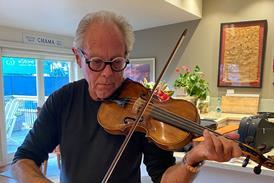

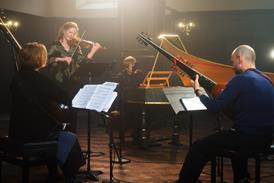
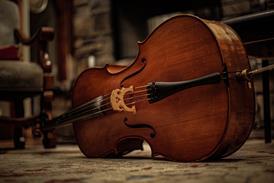
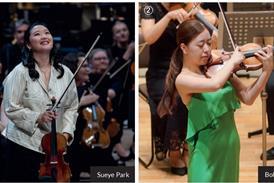


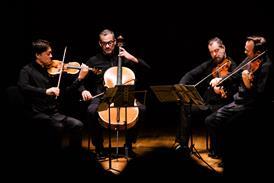

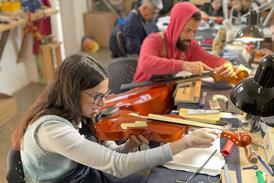
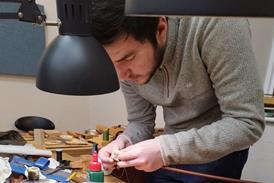
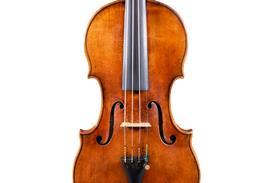
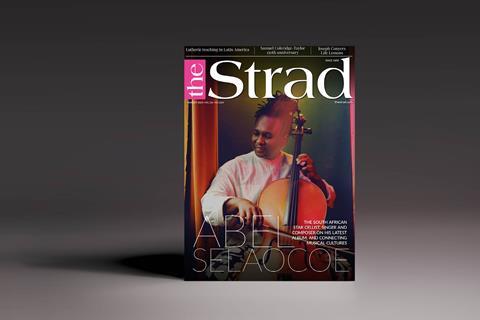




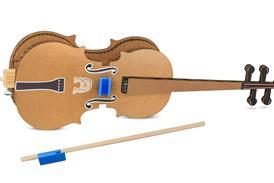
























No comments yet